Checkups and Tests You Shouldn't Skip

Routine Physical Exam
Some people see their doctor every year for a physical to make sure everything is OK. There's debate about whether you need to go that often. In the end, it depends on your:
- Age
- General health
- Risk factors for certain problems
Your doctor will ask you about your health and lifestyle. They'll listen to your heart and lungs and probably get your weight and vital signs.
Swipe to advance
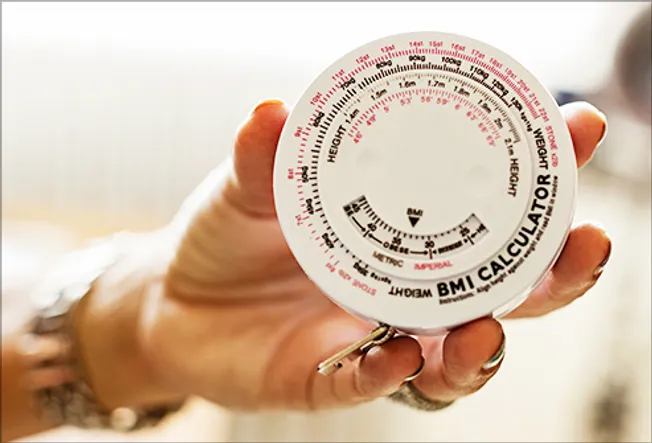
2
/
12
Height and Weight
Whether you go for a regular physical or some other checkup, your doctor probably will get your height and weight. They need it to measure your BMI (body mass index). Keeping your BMI in a healthy range helps protect you from things like heart disease, type 2 diabetes, and some forms of cancer. Your BMI is based on a formula of height and weight. If you're not in the healthy range, your doctor will suggest ways to help get you there.
Swipe to advance
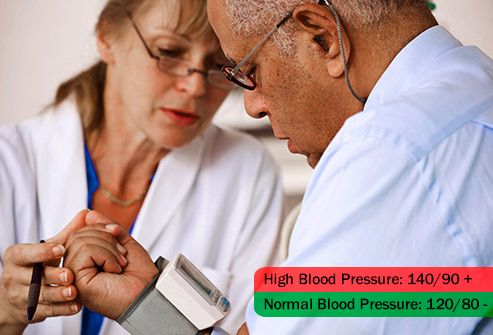
3
/
12
Blood Pressure
Yours rises as your heart beats and falls as it relaxes. It’s a measure of the pressure of the blood in your arteries. If it's too high, your chances of heart disease and stroke go up. Normal blood pressure is less than 120 over 80. Doctors define high blood pressure, or hypertension, as 140 over 90 or higher. You should get your blood pressure checked at least every 2 years. If it's high, you may have to take it more often. Ask your doctor how often you should have yours taken.
Swipe to advance
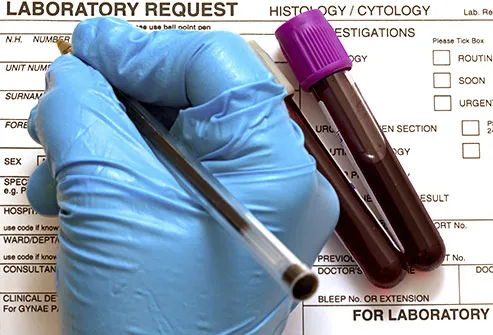
4
/
12
Cholesterol
This is how much fat is in your blood. High cholesterol can lead to heart disease and stroke. You should get cholesterol checked every 4-6 years if you're older than 20 and don't have heart or blood vessel disease. If you do have one of those, they’ll likely recommend that you get checked more often. Some experts suggest that men wait until age 35 and women wait until 45 to get their cholesterol checked, unless you have a risk of heart disease. Talk to your doctor about what's best for you.
Swipe to advance
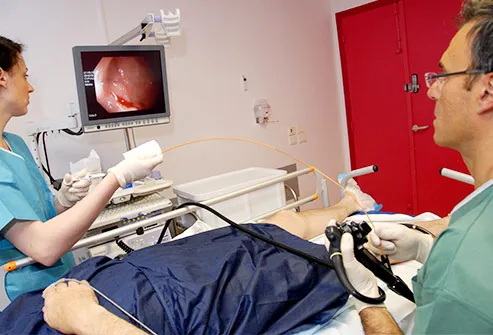
5
/
12
Colorectal Cancer Screening
Tests look for cancer in the colon or rectum by checking for blood there or for tissue growths called polyps. If you don't have a high risk for cancer, start to get tests when you turn 50. Fecal occult blood tests (FOBT) should be done yearly. A sigmoidoscopy, where your doctor checks part of your colon, should happen every 5 years. A colonoscopy, where the doctor looks at your entire colon, should be done every 10 years.
Swipe to advance
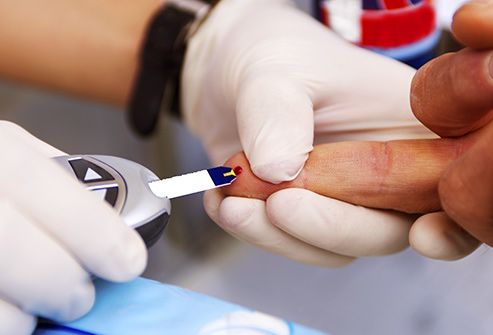
6
/
12
Blood Sugar Test
This is a way to check for diabetes or prediabetes. You should get your first test at age 45. The test is strongly recommended -- even if you're younger -- if you're overweight or have diabetes risk factors like high blood pressure. In that case, you should be tested at least every 3 years. It's a simple test that measures the level of sugar (also called glucose) in your blood.
Swipe to advance
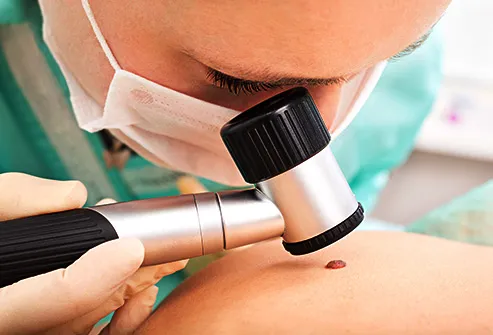
7
/
12
Skin Check
It's a good idea to check for any changes in moles, freckles, and other marks on your skin. Experts say you should do a skin self-exam once a month. When skin cancers are found early and treated, they're almost always curable. If you or someone in your family has had skin cancer, it might be smart to have your skin looked over regularly by a doctor.
Swipe to advance

8
/
12
Breast Exam
If you're a woman, you should get a breast exam every 3 years starting in your 20s. Once you hit age 40, you should have the exam every year. It gives you a chance to talk about any changes in your breasts and discuss anything in your health history that might make breast cancer more likely. You can also make sure you know how to do self-exams if you want to.
Swipe to advance
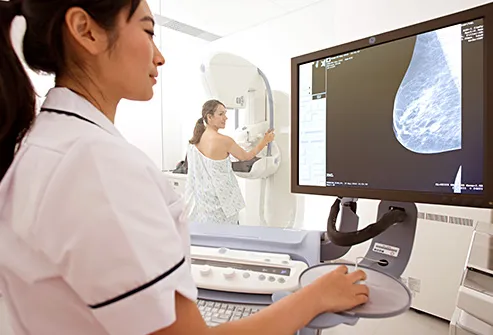
9
/
12
Mammogram
This is an X-ray that looks for changes in your breasts. Some experts say you should have one every year once you turn 40. Others say every 2 years starting when you're 50, until age 74. Talk to your doctor about what's best for you.
Swipe to advance
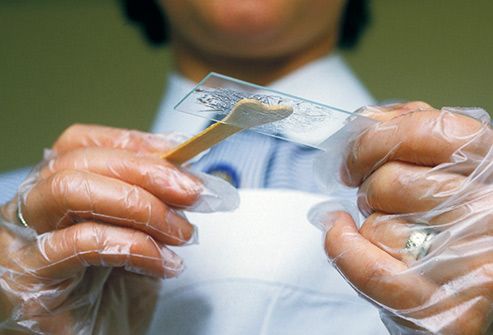
10
/
12
Pap Test
Sometimes called a Pap smear, these check for cancers in your cervix. Your doctor uses a small stick or brush to take a few cells from your cervix to test. Starting at age 21 through 29, women should have the test every 3 years. If you're between 30 and 64, you should get both a Pap test and a human papillomavirus (HPV) test every 5 years, or just a Pap test every 3 years. Talk to your doctor about what's best for you.
Swipe to advance
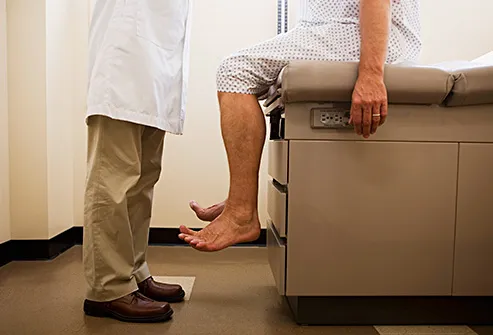
11
/
12
Male Physical Exam
A routine physical for men might include a checkup of the penis and testicles. The doctor will check your testicles for tenderness, lumps, or changes in size. For the penis, the doctor might notice signs of sexually transmitted illness like warts or ulcers. To check for a hernia, they'll ask you to “bear down” or "turn your head and cough." Depending on your age, your doctor may check your prostate for size and problems by putting a finger into your rectum.
Swipe to advance
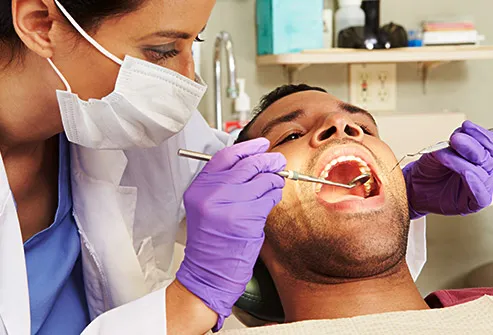
12
/
12
Dental Checkup
Hopefully you brush and floss every day. But it's smart to also see a dentist regularly so they can look for cavities, gum disease, and other problems in your mouth. You may need to go once or twice a year. It depends on your oral health and what you need to do to keep your mouth and smile looking and feeling good.
Swipe to advance
- Get link
- X
- Other Apps